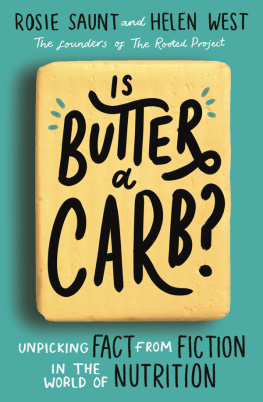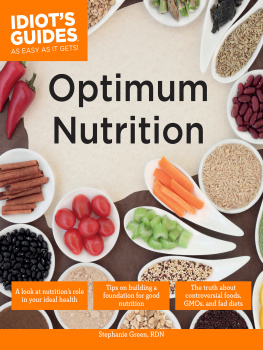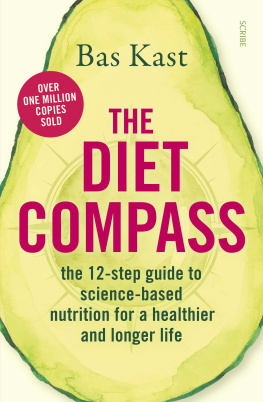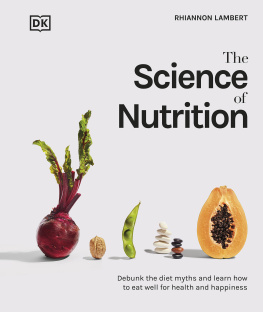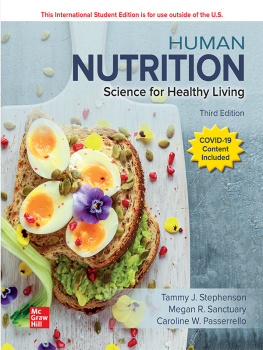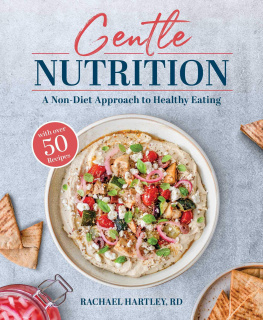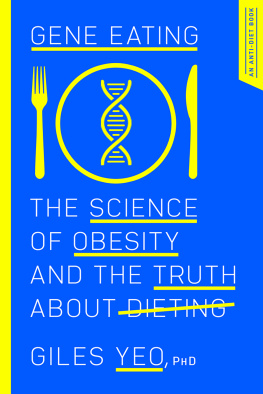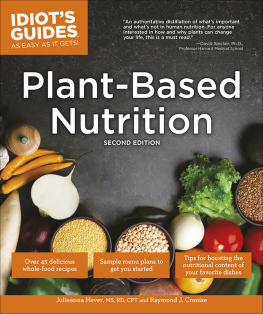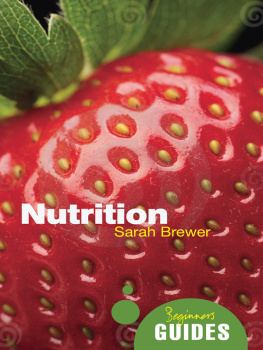
PIATKUS
First published in Great Britain in 2019 by Piatkus
Copyright Rosie Saunt and Helen West 2019
Illustrations by John Ratford
The moral right of the authors has been asserted.
All rights reserved.
No part of this publication may be reproduced, stored in a
retrieval system, or transmitted in any form or by any means, without
the prior permission in writing of the publisher, nor be otherwise circulated
in any form of binding or cover other than that in which it is published
and without a similar condition including this condition
being imposed on the subsequent purchaser.
A CIP catalogue record for this book
is available from the British Library.
ISBN 978-0-349-41927-5
Piatkus
An imprint of
Little, Brown Book Group
Carmelite House
50 Victoria Embankment
London EC4Y 0DZ
An Hachette UK Company
www.hachette.co.uk
www.improvementzone.co.uk
The information in this book is not intended to replace or conflict with the advice given to you by your GP or other health professionals. All matters regarding your health should be discussed with your GP. The authors and publisher disclaim any liability directly or indirectly from the use of the material in this book by any person.
For Enzo and Austin

Contents



We should probably start by telling you that this isnt a regular diet or wellness book. Well, not in the traditional sense anyway. Were not here to talk to you about our health journey, cosmic energy, food rules or macro plans, and theres not a recipe in sight. But wait! Before you ditch us for the latest quick-fix diet, you should know that we have something much better than the current food trends in store for you. More than a list of rules, this book will give you a solid grounding in the basics of nutrition and use current scientific understanding to dig through the whys when it comes to the big questions about what to eat.
Finding sensible, practical, evidence-based nutrition advice can be tough going, but as registered dietitians we spend our days trying to offer up precisely that. As co-founders of The Rooted Project through which we offer up easy to understand nutrition information based on fact, not fads we spend a lot of our nights organising events to connect the public and nutrition professionals alike, with leading experts on the latest research in nutrition and food science. Thats right: our days and nights. Thats how much we care.
People have never been more confused about what they should be eating and, as a result, everyone is increasingly looking for information from reliable figures in the nutrition industry to help them pick through the noise. Traditionally, science books can be heavy going; diet books are unrealistic; wellness books lack scientific credibility and tend to embrace brand-building over responsible communication; and evidence-based books are boring. But we believe that this book offers up something new: were translating the latest research direct to your plate and making evidence-based nutrition accessible and engaging. Were looking to give you a credible resource that will provide you with a solid grounding of knowledge so that you can move forward and make your own decisions about food and how best to fuel yourself. In short, were talking about empowerment, people, and theres nothing more liberating than that.
Heres the thing. We all know that what we choose to eat can have an impact on our health, but in the seemingly endless sea of conflicting nutrition claims and contradictory advice, it can be near impossible to know how to eat so that we feel and function at our best. Obviously, in all of this were not short of options. The internet is full of advice. Weve got cookbooks and apps and more Insta health gurus than green juices in a yoga barn. But most of us are still walking about wondering things like: would all my problems be solved if I just started food prepping on Sundays? Should I be cutting carbs? Or eating them, but just not the gluten-filled ones? Should I be vegan? Or paleo? Or raw, even? Oh, and while were at it can someone tell me WTF gluten even is?! And, ultimately, when it comes down to it, is [insert food here] healthy? And should I be eating this?
How is it that the simple act of eating has become such a minefield of paradoxical facts? And when it comes to food, why are most of us left with a profound sense that our diets just arent healthy enough?
The truth is, theres no one perfect diet for everybody. Eating well is both an art and a science. Theres an art to cooking a delicious meal, organising your time, shopping and keeping your food bills within your budget. The science of eating is something different. There is no unassailable set of rules or absolutes. Science is a tool and a power tool at that. Its a way to cut through all the noise and make sense of the information were bombarded with daily. Its born of evidence and reason and although it can seem intimidating (and lets be honest, maybe even a little dull), its something that with a bit of help everyone can use and apply to their everyday lives. It can help you shape your diet and give you confidence in your choices, safe in the knowledge that youre basing your decisions on the best current information (and not the latest product or most recent YouTube trend).
You will learn that when it comes to the science of nutrition, things are rarely black and white. They are, instead, several wonderfully interesting shades of grey. So let us talk you through this fascinating science and teach you how you can harness its power to find a sustainable diet thats right for you.


The way we eat has changed dramatically over the last two generations. On the one hand, we are lucky enough to live at a time when food in the UK is plentiful, even if its not, unfortunately, always affordable for everyone. On the other, for those of us privileged enough to be able to take advantage, the abundance of choice, coupled with the wealth of conflicting information about food, can be overwhelming. To add to this perfect storm, we now live in the age of the social media celebrity. This is an era where beautiful twenty-somethings can rise to superstar status, some with little more than a great body, shiny hair and a flashy smile. Our collective cultural desire to be thin and beautiful has gradually seen us turn to an industry preoccupied with youth and aesthetics, not only to tell us where to go, what to do and how to dress, but also how to eat. Eat like me, look like me has become the unspoken mantra of the wellness industry. And while on the surface all the green juices, flexed abs and artfully arranged smoothie bowls look like they should be contributing to the greater good and improving our overall health, when you dig a bit deeper the waters start to muddy a little.
Next page
